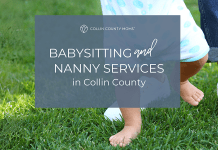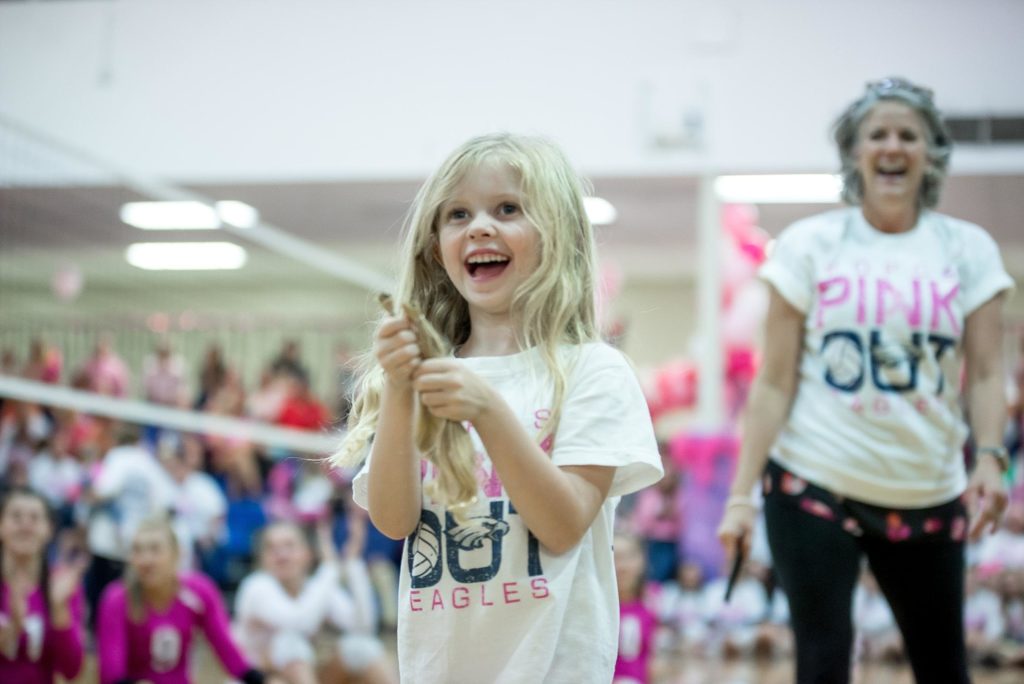
Seven years ago, I attended my first Pink Out volleyball game in conjunction with Breast Cancer Awareness month. I hadn’t been to anything like it before. Pink banners and posters lined the gym walls. The volleyball team wore special dark fuchsia jerseys and pale pink hair ribbons. The cheerleaders shook pink sparkly pom poms, while pink-wrapped bake sale goodies overflowed the tables. Each player dedicated her game in honor of someone affected by cancer. The whole evening was impressive, well planned, and highly attended. I teach at the school that hosted it and I left with a sense of pride at the ownership and thoughtfulness our students took to plan such a wonderful evening to raise awareness.
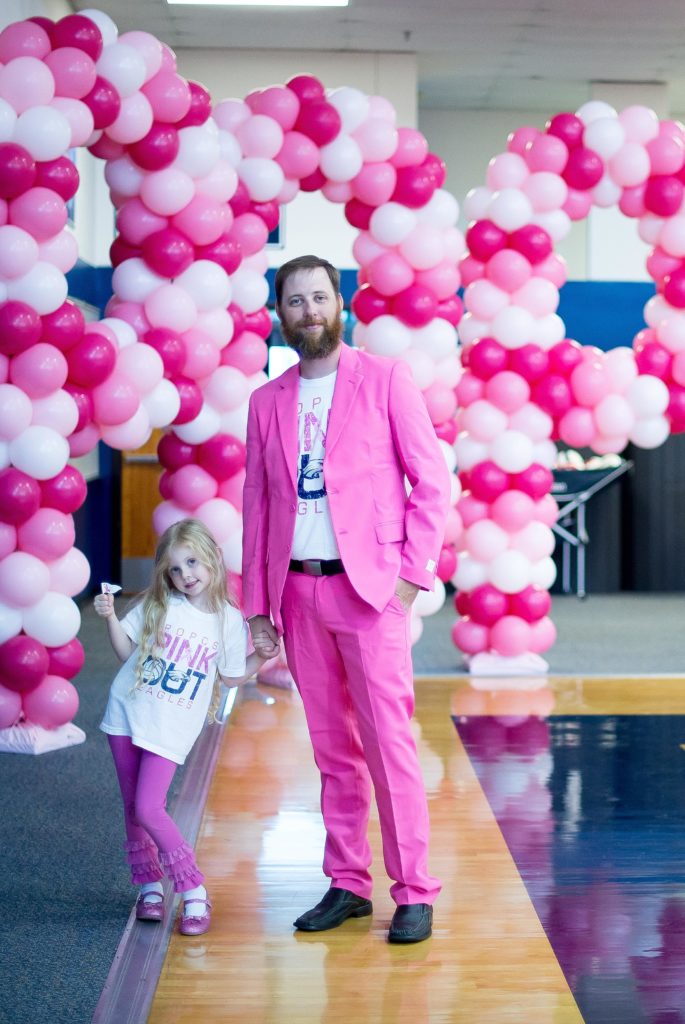
The next year, I made sure to add the date to my calendar so we wouldn’t miss the game, but a conversation the week before Pink Out changed my entire outlook. The volleyball coach and coordinator of Pink Out, Heidi Henke, explained to me how and why Pink Out began. In 2005, her sister was diagnosed with breast cancer and then went into remission in 2006. Five years later, the cancer returned with a vengeance and her sister, Amy, asked for prayer.
Coach Henke shared her sister’s request with her volleyball team and they rallied around Amy. The players ultimately decided to dedicate the entire season to her. The team looked for ways throughout the season to support Amy, but the biggest undertaking was developing and planning a Pink Out game in support of her and everyone else fighting cancer. In the state championship game, the team clinched the first of many state titles in Amy’s honor and even gave her a State championship medal and ring, which she wears as a necklace. Amy has stage 4 cancer and she fights daily, but every year Pink Out is a source of encouragement and support to her.
Hearing Heidi and Amy’s story made Pink Out personal. It wasn’t just any event drenched in pink, raising general awareness for some theoretical person. It was a special way to support Amy, who was enduring the horrible, exhausting, life-changing effects that come with fighting cancer.
Last year, it became even more personal to our family when my mother-in-law was diagnosed with breast cancer. A few months into chemotherapy, after seeing some hair fall out, she boldly shaved her head. She’s the type of lady who is not easily ruffled and always looks for the best in every situation, so she immediately started rocking beautiful head wraps and some fantastic wigs. Seeing Oma without her hair prompted a lot of great and tough conversations in our house with our kids. Sometimes they asked questions we couldn’t answer, and we often reminded our kids that we might not know the future outcome, but we can do things in the present to show support and love.
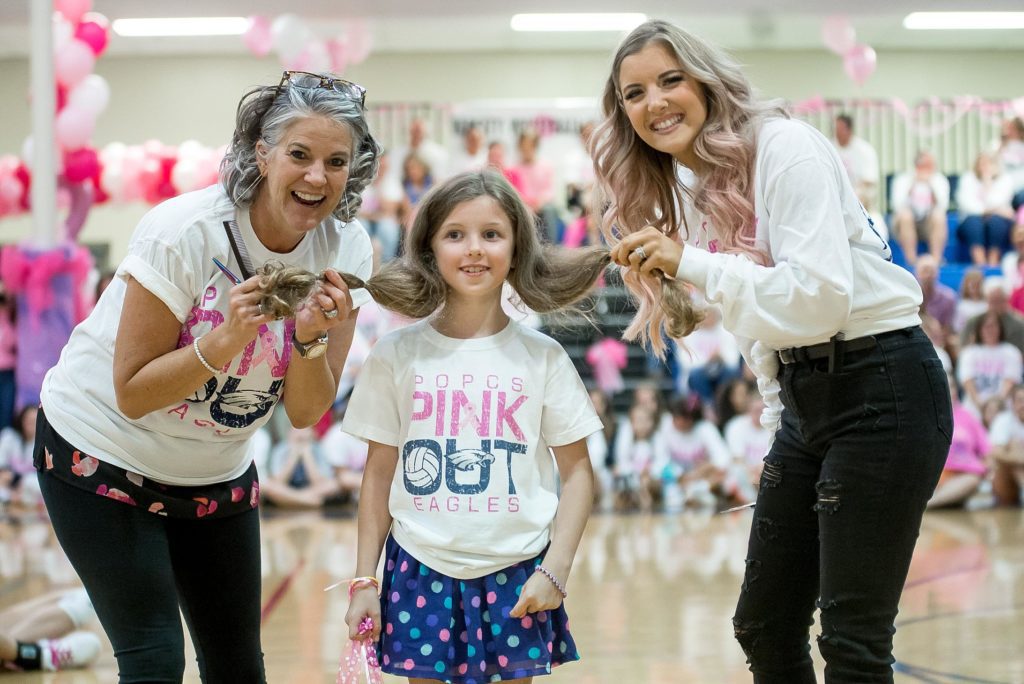
One way my kids chose to show support was to donate their hair in honor of their Oma. Last year, my oldest daughter donated her hair, and this year, she along with her younger sister, donated again. Both daughters felt like their small sacrifice contributed to something bigger than themselves.
My hair is currently about four inches long total so donating isn’t an option for me, but I asked my mother-in-law, my aunt, and few other friends for some other ways I could offer support. They each shared a few helpful, meaningful, and supportive ways people encouraged them while they endured chemotherapy, radiation, surgery, and numerous trips to the doctor.
Meals
Everyone mentioned how much they appreciated meals. Some people gave gift cards to restaurants, others brought over home-cooked casseroles, and some brought grocery bags of produce and sandwich fixings, and ALL of it was helpful.
Prayer Shawls and Blankets
Hospitals can be cold, and special warm blankets reminded these ladies that others were thinking of them. My mother-in-law received several prayer shawls that reminded her she was wrapped in prayer by others.
A Curated List of Relaxing Music
My aunt mentioned that someone created a CD of relaxing music for her and she used it frequently.
Free House Cleaning
My mother-in-law heard about Cleaning for a Reason at her doctor’s office and this non-profit organization gives a free house cleaning to women undergoing treatment for any type of cancer. My mother-in-law appreciated this, especially since her energy was low for a while.
Chemo Day Gifts
My mother-in-law was given a basket full of wrapped gifts before she started chemotherapy and there was one gift to open for each time she finished a treatment. The small gifts were a bright spot on a hard day.
Conversation with Cancer Survivors
Every person I talked to mentioned how helpful it was to talk to someone else who had been through it before.
A TV Show that Brings Laughter
My aunt and uncle chose a television show to watch regularly that made them laugh. They wanted a consistent source of laughter during a tough season.
Pink Out or Special Walks
Each person was touched that people showed up to events in their honor, whether it was a Pink Out event, the Susan G. Komen walk, or any other organized occasion that brought breast cancer awareness and support. They were reminded of everyone’s support through these events.
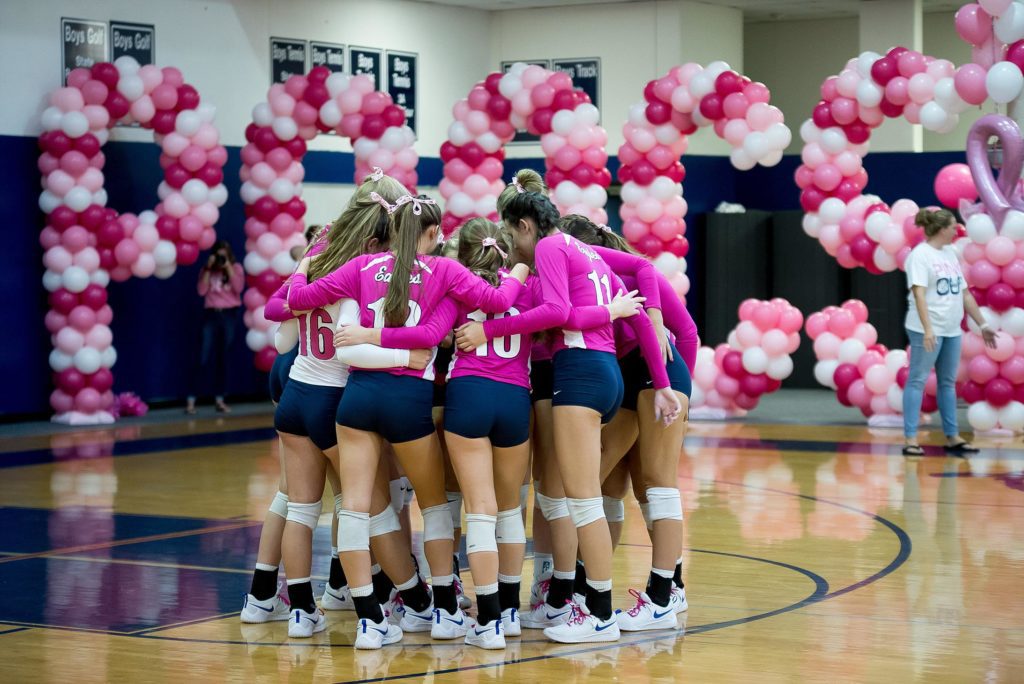
Once you know someone’s story, it’s hard to ignore their needs and that’s the benefit of true community. I’ve only met Amy once, but her story has impacted my family in a lasting way and she has helped us be more compassionate towards anyone fighting cancer, including our very own family.






